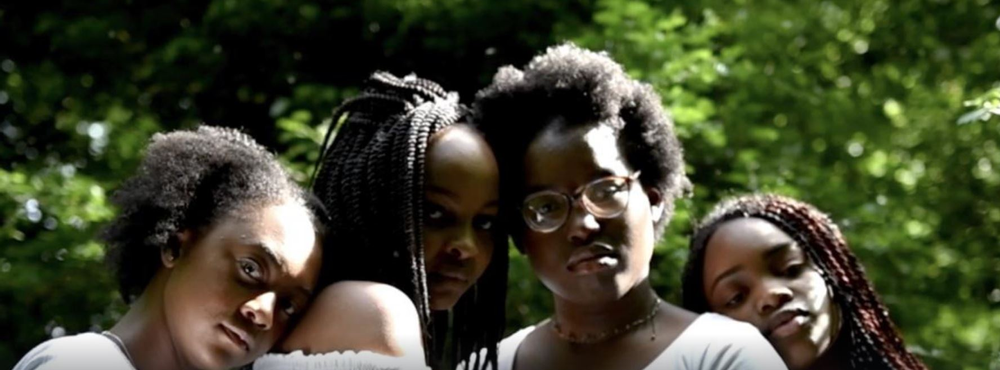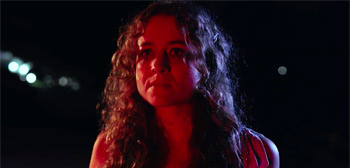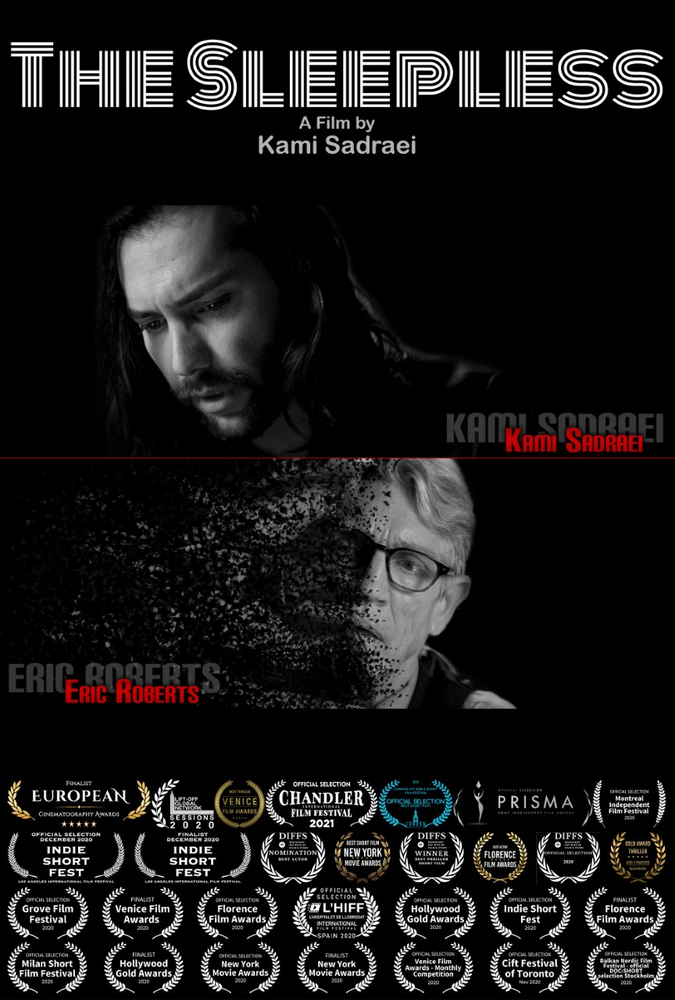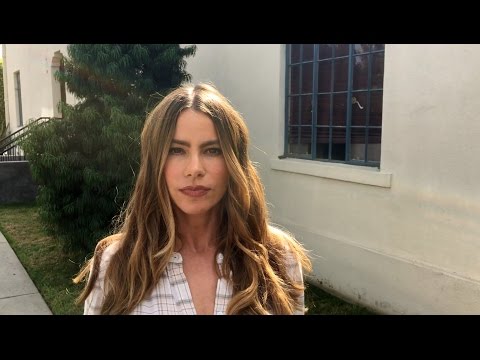Black (Dudu) short film review
★★★★
Directed by: #SimisolaoluwaAkande
Written by: #SimisolaoluwaAkanda
Starring: #MaryamAhamdu, #AnjolauluwaAkande, #OluwatoyinAkande
Film review by: Patrick Foley

Whilst 2020 may have been a year when a desire for racial justice collided with institutional barriers like a fist cracking the first layer of a concrete wall, it is important to know that silenced and marginalised voices remain yearning to be heard. Colourism may not be as familiar to general audiences as racism, but in ability to detract from the core of one’s identity, they stand as equal. Director Simisolaoluwa Akande’s Dudu is a poetic, creative snippet of the pained, humbling experience of discrimination.
The short film is a visual poem, detailing the experience of colourism in a young black girl’s life. As she awakens, powerful and proud of her identity, a prejudiced world silently chips away her confidence in the darker shade of her skin. Whether it’s media images, taunts from schoolmates, or misplaced and heart-breaking ‘compliments’ from the boys she likes, her pride in her beauty is replaced by loathing and desire for an illusion of whiteness.
Akande’s short features sensual and artistic imagery to accompany its powerful and piercing words of poetry that weave a lasting impression on the viewer. The crisp footage seamlessly intertwines with the spoken word of its creator to symbolise the turmoil of black skinned girls growing up in a society that unconsciously rejects them every day in minute but unavoidable ways. The footage is shot in such a way to portray the power and beauty of black skin whilst contradicting the very images on screen with the fatigued and downbeat dialogue.
The film manages to balance personal rage and the heavy topic of colourism with a relatable and contemporary edge. Akande drops in references to ‘Hannah Montana’ wigs with a witty bite to demonstrate the young age at which self-aimed indoctrination starts. The theme of visual light is repeated throughout – with references to the dance of sunlight off the skin or a camera’s flash – with an impact similar to the metaphorical usage of water in Barry Jenkin’s Moonlight. Much like that seminal masterpiece, Dudu feels even more relevant today than the short time ago when it was released, with the justified anger at the film’s heart in line with protests that rumbled around the world this past summer.
Dudu is a must-watch in this context. It unapologetically tears into the lingering, toxic culture that racism has forged without any happy ending or optimistic message to accompany it. You can leave your empathy at the door when watching: Dudu has no time for it. It is steadfast in its view of the world and how colourism has warped the self-imagery of black women. There is no demand or begging for change from its audience – this is left for the viewer to conclude on their own. However, anyone who watches and truly listens to the message, will be left with a desire to be part of the solution.
Dudu is a prime example of how even the most powerful words can be amplified on screen with an artistic and imaginative use of imagery. Simisolaoluwa Akande’s poetic rebuff of a hidden and underrepresented discrimination is a must-see eye-opener to how the world unconsciously rejects black beauty.
Black [Dudu] screens as part of the BFI Future Film Festival from 18-21 February, free on BFI Player:
https://player.bfi.org.uk/free/film/watch-black-dudu-2018-online






